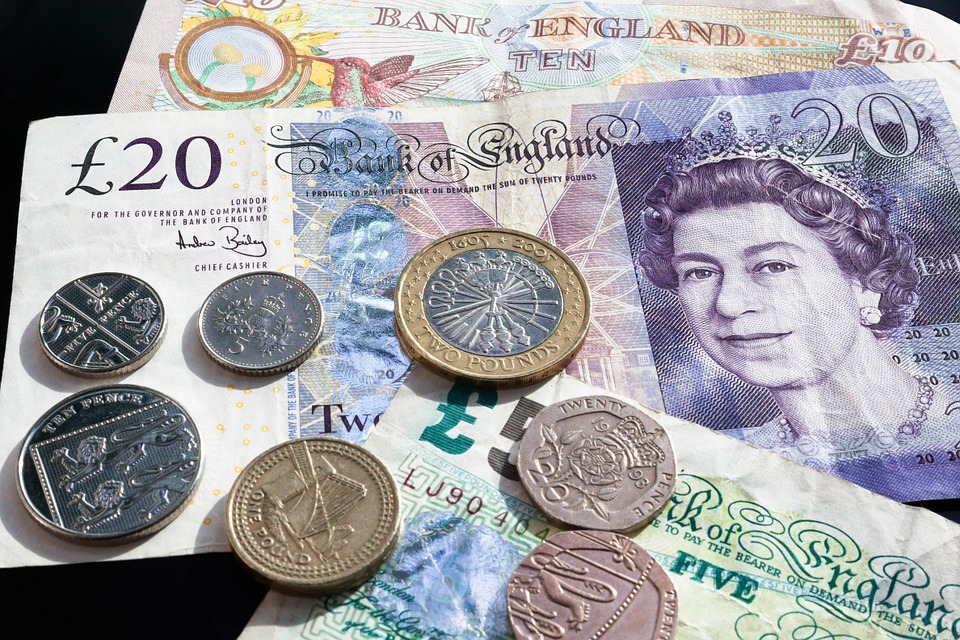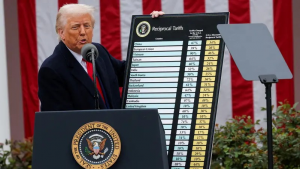The British pound was lower on Tuesday after data showed economic activity weakened further in January, underlining the risk that Britain could slip into a recession in 2023.
Private-sector economic activity fell at its fastest rate in two years in January, the S&P Global/CIPS flash composite Purchasing Managers' Index (PMI) survey showed, as businesses blamed higher Bank of England interest rates, strikes and weak consumer demand for the slowdown.
"At best, the UK economy will stagnate this year. Realistically we're likely to see a recession at some point," said Simon Harvey, head of FX analysis at Monex Europe.
"As we start to see the economic reality coming through, this will likely lead to sterling underperforming over the coming months," Harvey added.
The pound was last down 0.5% against the dollar at $1.2316. On Monday it hit its highest level in seven months at $1.24475.
The Bank of England is still expected to raise its key interest rate for the tenth consecutive time on Feb. 2 after its next scheduled meeting.
Market pricing is indicating just under a 70% chance of a 50 basis point rate increase. A 25 basis point hike is fully priced in, according to data from Refinitiv.
Meanwhile, Britain's government borrowed more last month than in any December since monthly records began 30 years ago, reflecting the huge cost of energy support, soaring debt interest linked to rising inflation.
"December's public finances figures provided more evidence that the government's fiscal position is deteriorating fast," said Capital Economics senior UK economist Ruth Gregory.
Today's worse-than-expected public finances figures will only embolden the Chancellor in the Budget on 15th March to keep a tight grip on the public finances," Gregory added.
On Monday, British Prime Minister Rishi Sunak said he had asked his independent ethics adviser to look into a tax case involving the chairman of his governing Conservative Party because there were "questions that need answering".
"The backdrop is one of political turmoil, labour shortages, industrial action, higher inflation pressures and weak consumer outlook," Monex's Harvey said.










